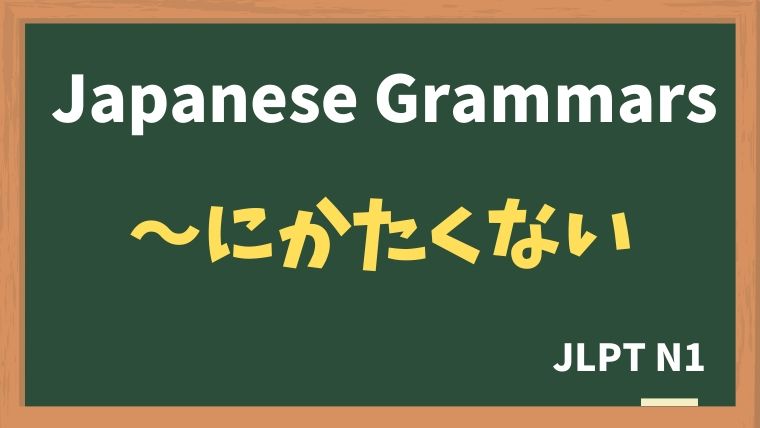
Explanation:〜にかたくない
fa-check-circleMeaning
"〜するのは簡単だ / 〜するのは難しくない"
実際に見なくても、大変な状況だということが、想像できたり理解できたりすることを表します。
"easy to do / not hard to do"
Used to convey that something is easy to understand, imagine, or believe. It implies that the speaker can naturally comprehend or sympathize with a situation or feeling, without much difficulty. This expression is often used in more formal or literary contexts.
fa-check-circleForm
V(dictionary form)+ にかたくない
N + にかたくない
※「想像」や「理解」といった単語がよく使われます。
fa-check-circlePoints
- Easily Understandable: It conveys that something is not hard to grasp or imagine, often regarding emotions, thoughts, or situations.
- Empathy or Imagination: The expression is commonly used when expressing empathy or when imagining another person's feelings or situation.
- Formal/Polite Tone: It is more commonly used in formal writing or speech.
fa-check-circleJLPT Level
N1
Sample sentenes
言葉の通じない国で暮らすことが、どんなに大変なことか想像にかたくないだろう。
It is not hard to imagine how difficult it must be to live in a country where you don't speak the language.
なぜ、彼が犯罪を犯してしまったのか、事情を聞いてみれば理解にかたくないだろう。
It is not hard to understand why he committed the crime once you hear the circumstances.
消費税の増税は国民にとって、大きな負担になることは理解にかたくない。
It is not hard to understand that the increase in the consumption tax will be a heavy burden for the citizens.
誰よりも頑張って勉強してきたのにJLPT N1に合格できなかった彼女の悔しさは想像にかたくない。
It is not hard to imagine her frustration at not passing JLPT N1 despite studying harder than anyone else.
津波で家族や恋人を失った彼の気持ちは、察するにかたくない。
It is not hard to empathize with his feelings after losing his family and loved ones in the tsunami.
Vocabulary
| Japanese |
English | |
| 事情 | じじょう | circumstance |






